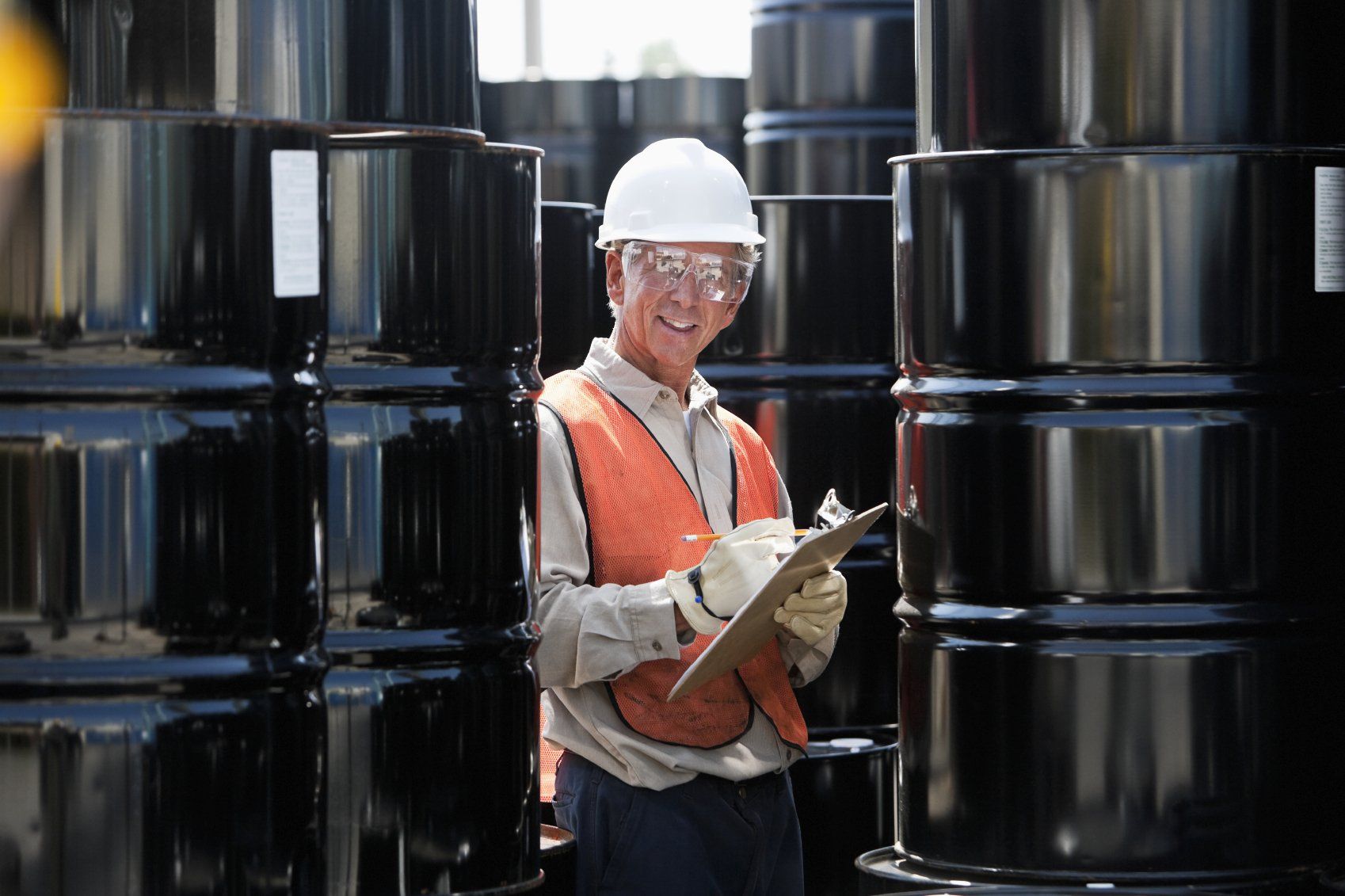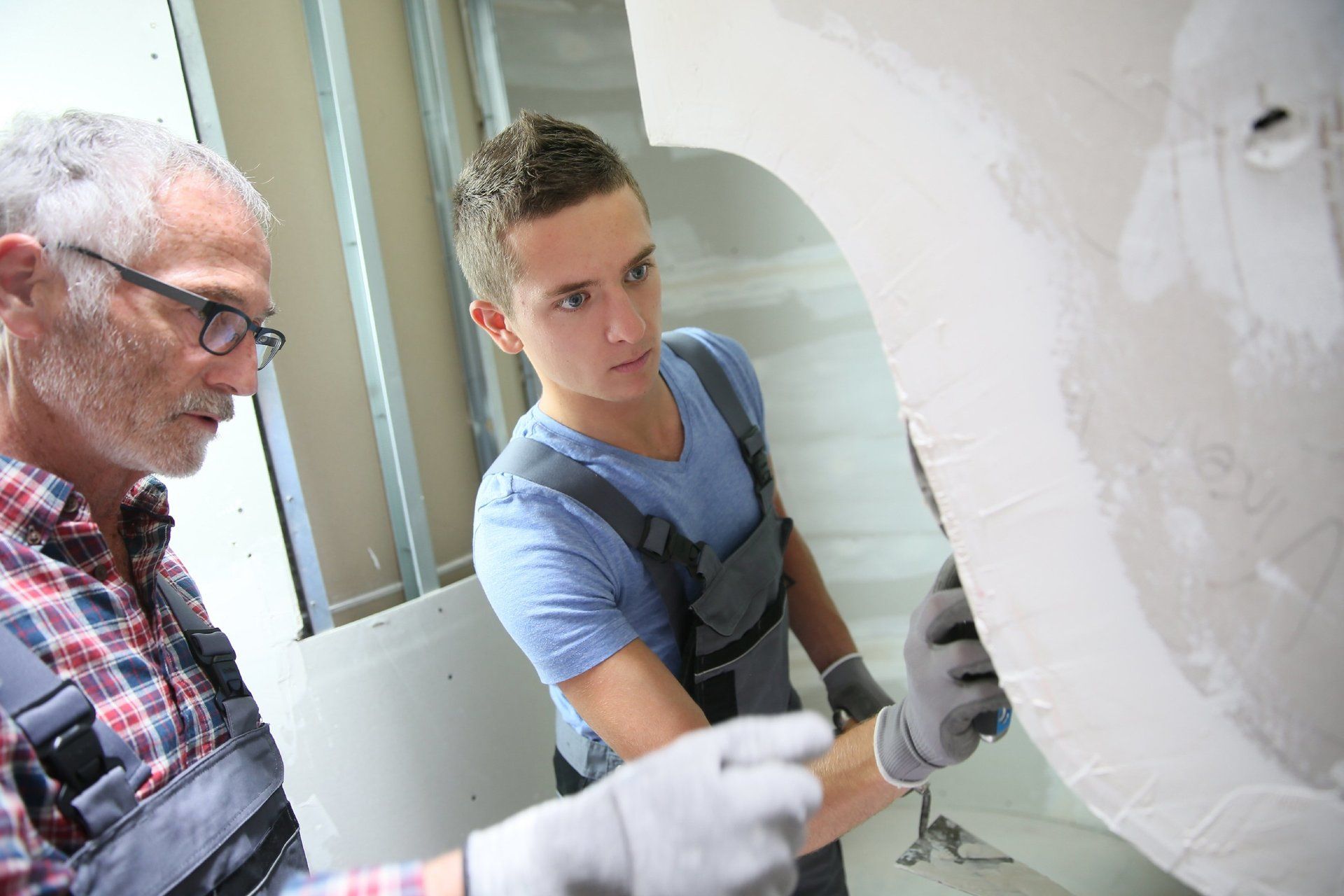No-Sweat Safety: Your Hassle-Free Route to Health & Safety Compliance
Hey there! Welcome to Consulo, your reliable partner in navigating the minefield of health safety compliance. With a robust 40+ years of expertise, we're dedicated to transforming daunting health, safety, training and asbestos management tasks into a straightforward endeavor. We offer a variety of services tailored for building magnates and industrious contractors alike. And the cherry on top? We do it all within a budget-friendly framework, ensuring you stay comfortably within the bounds of safety regulations without a financial strain. So, pull up a seat, let’s simplify safety together.
Explore our Extensive Range of Online Training
Our Core Services
With our national coverage and online e-learning platform, you can remove the headache of having to work with multiple consultancies and navigate several confusing training and reporting report formats, and have everything in one single, easy to use format, meaning you can get on with what you do best, safe in the knowledge that we have got you covered.
Discover more about our extensive range of services. From Online Safety Training to Asbestos Demolition Surveys and Management of Asbestos Removal projects, whatever your current needs are, our experienced team of experts have got you covered.

Health & Safety
Whether you need help with a specific task or project; or simply a review of where you sit currently in terms of your health and safety compliance, we can help.
With our team of experienced Health & Safety consultants, we can help you stay on the right side of Health & Safety regulations no matter what industry you are in.
Contact us today so you can sleep soundly tomorrow knowing you have everything in place and under control.

e-Learning
An asbestos refurbishment survey will identify any asbestos containing materials which will require removal or remedial work prior to any planned refurbishment works.
Should asbestos containing materials be identified in the asbestos survey report, our asbestos project management team can help you choose and plan your next course of action, whether that be; asbestos removal or simply the ongoing management of the asbestos in situ.
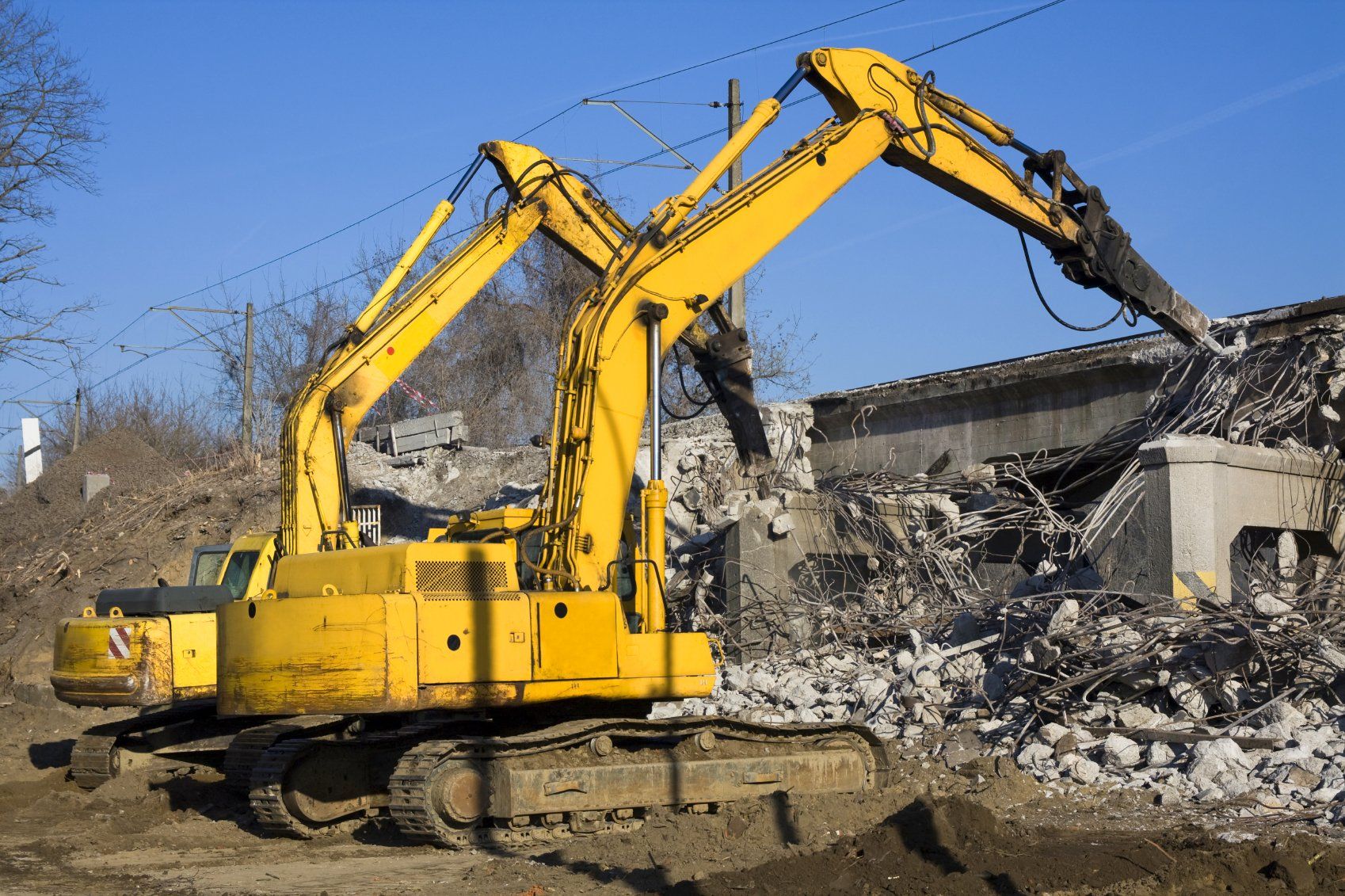
Asbestos Demolition Survey
An asbestos demolition survey is used to locate and describe, as far as reasonably practicable, all asbestos containing materials (ACMs) in the building and will involve destructive inspection to gain access to all areas.
A pre-demolition asbestos survey is designed to identify asbestos containing materials so that they can be removed prior to demolition and or major refurbishment works.

Asbestos Awareness Training
Regulation 10 of the Control of Asbestos Regulations states that:
You have a legal duty to ensure both you and your staff are suitably trained in asbestos awareness. This is to help you prevent the accidental exposure of your employees or anybody else to asbestos fibre.
Choose between our online training and our bespoke face to face courses.

Asbestos Management Plans
An asbestos management survey doesn't make you compliant.
Once you've established whether or not your building has ACMs present you need to form a plan for the ongoing management of any identified asbestos containing materials in order to comply with the ‘control of asbestos regulations 2012'
Ask us about our FREE Management Plans to see if you qualify.
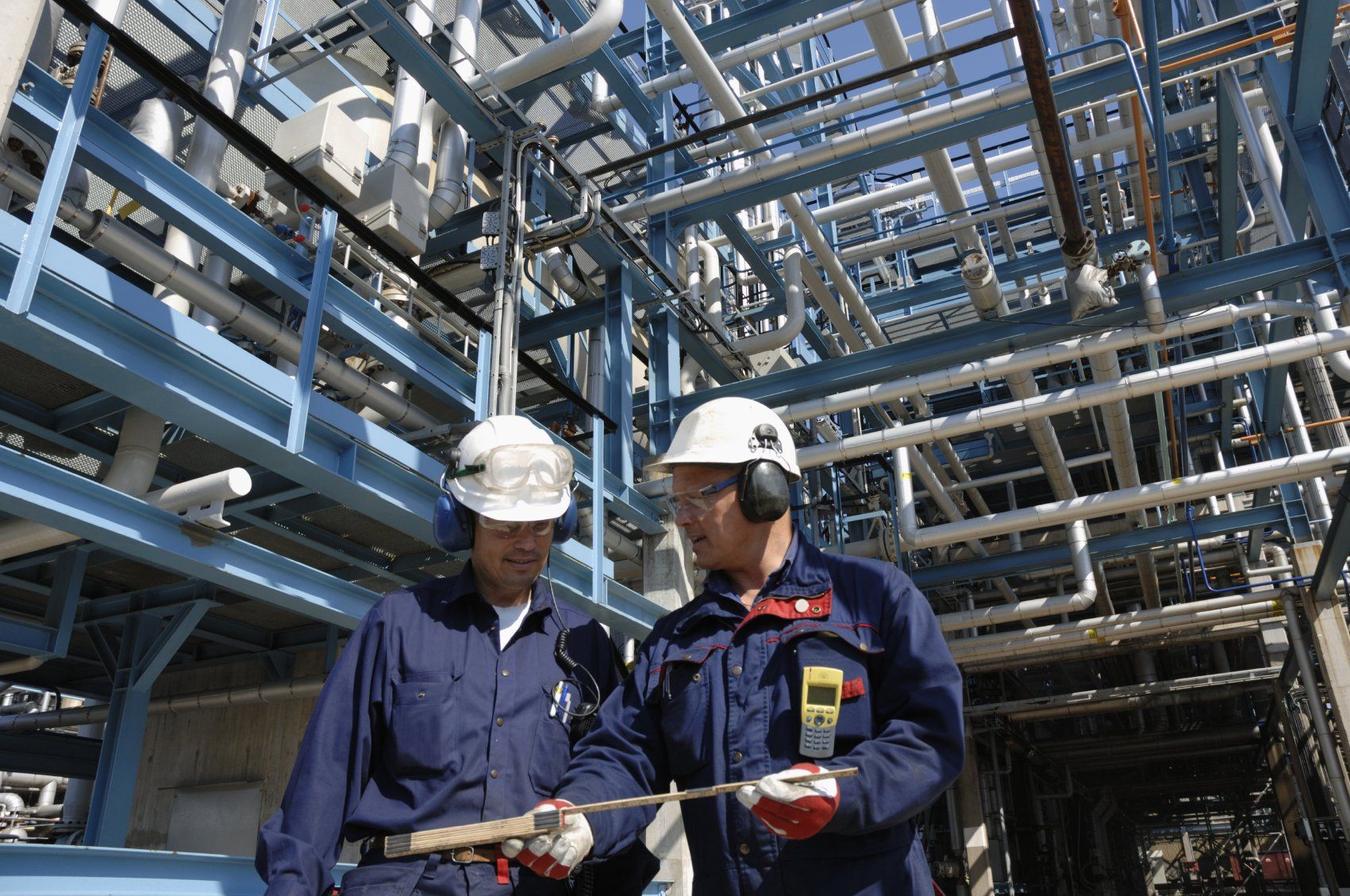
Asbestos Management Survey
An Asbestos Management Survey is a legal requirement for duty holders responsible for any non-domestic premises and is the first step towards becoming compliant.
This asbestos survey is designed to identify all of the materials that could potentially be disturbed during normal occupancy of the building taking into consideration the contextual use of the building i.e. the movement of heavy plant in a warehouse environment.
Check out our latest articles and industry news
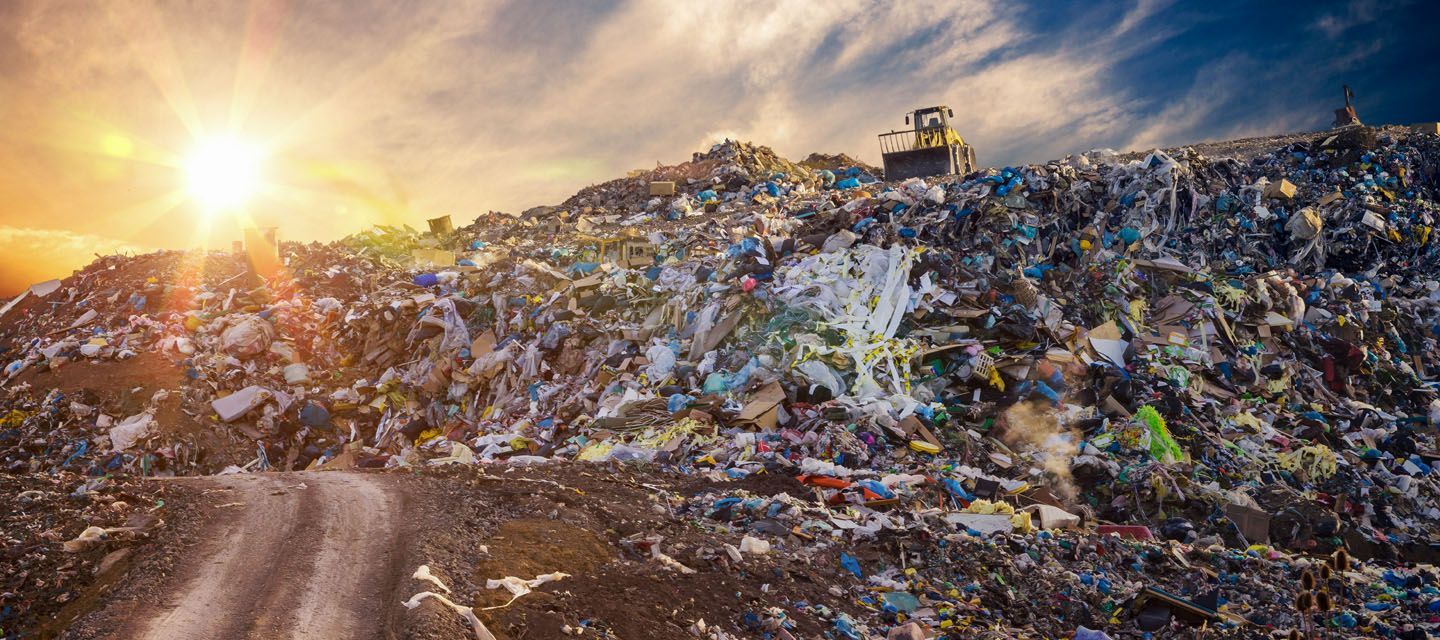
Centrally Based Providing Nationwide Coverage
From our Midlands Head Office, we are able to effectively manage our nationwide network of highly experienced Asbestos Consultants meaning we can provide you with a highly personalised, professional service whilst ensuring we remain cost effective.


